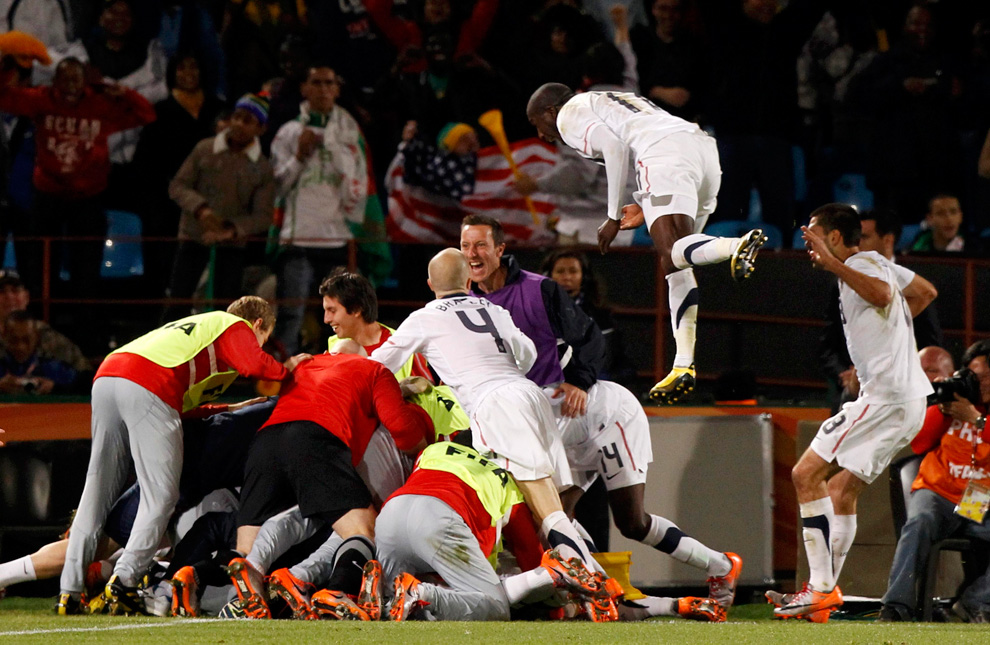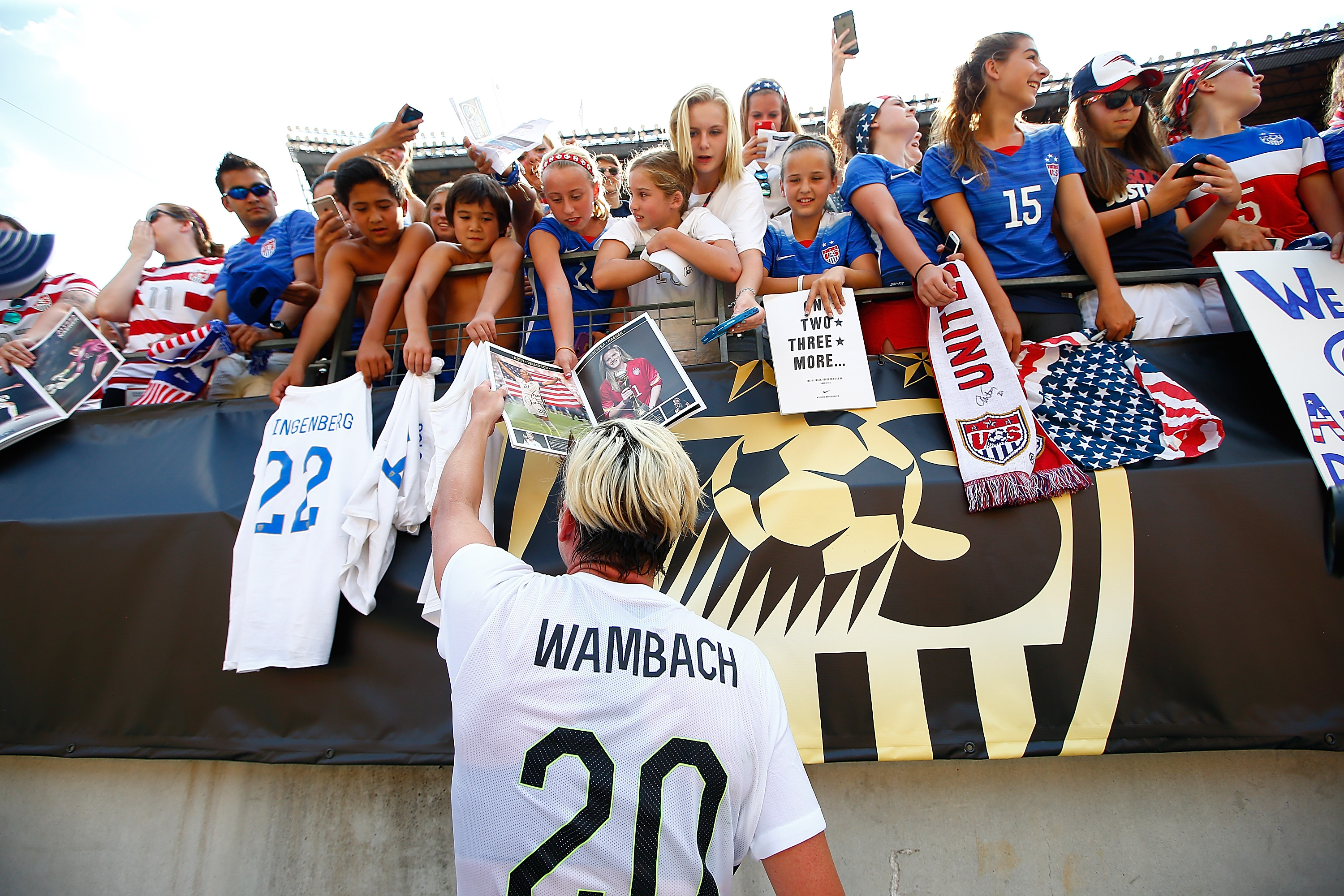At one point or another, your favorite team will concede a penalty because someone used their hand or arm to play the ball inside the 18-yard-box. It’s a fact of life. Inevitably afterwards, you will either glumly accept your fate and hope the keeper is up to the task, or you will get angry. You will curse the referee, you will say that it was unintentional, that your favorite player had no time to react. You will proclaim a soft penalty.
A handball has become rather contentious, and that is a problem. On the surface, it seems like a fairly straight-forward call, like offside, but in reality, it has become more and more a source of argument and an ambiguous ruling based on perception and interpretation of the rule. The referee has an unenviable job at times, well most of the time and the rules for a handball offense make it that much more challenging. Just take a look at the section on handling the ball in the official FIFA Laws of the Game:
Handling the ball involves a deliberate act of a player making contact with the ball with his hand or arm. The referee must take the following into consideration:
• the movement of the hand towards the ball (not the ball towards the hand)
• the distance between the opponent and the ball (unexpected ball)
• the position of the hand does not necessarily mean that there is an infringement
• touching the ball with an object held in the hand (clothing, shinguard, etc.) counts as an infringement
• hitting the ball with a thrown object (boot, shinguard, etc.) counts as an infringement
The problematic word in there is deliberate. You could argue that almost every handball committed is not deliberate. After all who would deliberately want to give away a penalty to the opposition? Luis Suarez’s handball against Ghana in 2010 was a deliberate offense, and he was rightly shown an immediate red card. But aside from Suarez, it’s hard to think of a situation that comes to mind where a player made such an obvious attempt to play the ball with a hand. If deliberate was interpreted literally you would see next to no penalties ever being awarded for handballs.
This is where FIFA needs to adapt their laws of the game. A handball should either be an automatic call regardless of distance or intention, or the rules need to be adjusted to limit the amount of interpretation from the referee. One issue with making handballs an automatic offense regardless of the situation is that many attackers would attempt to kick the ball straight into a defenders hand or arm, but to think that doesn’t happen regularly is terribly naive.
An automatic offense would surely cut down on the controversy, however. If the ball hits the hand it’s a penalty no questions asked. It would also increase awareness in defenders to make sure they don’t leave their arms dangling in any unnatural position.
The alternative is to re-word the laws of the game to be much clearer about what constitutes a handball. The rules could be rewritten to include distance, or scenarios, for example, a ball that hits the hand of a player putting a hand out trying to brace them self for a fall. This would, at least, make the rationale for awarding a penalty or not much more transparent. As it stands right now, the way the laws are worded is too ambiguous at times. Either of these solutions will cut down on controversial decisions, as they will give referee’s a clear reference as to what the correct decision should be. It will then be up to them to make the right call. Though that’s easier said than done.
No solution is going to be perfect. Human error and human judgement are not infallible. That being said, awarding a penalty and/or sending a player off will always have a major impact on the game. Referee’s should be given a chance to make a confident decision in these circumstances. With the way the laws are written now it can be very hard to do that. FIFA needs to either implement a zero-tolerance policy on handballs or they need to give the officials better guidelines to make clearer decisions. Until then, awarding a handball will largely be a judgement call, and everyone’s judgement might be very different.






